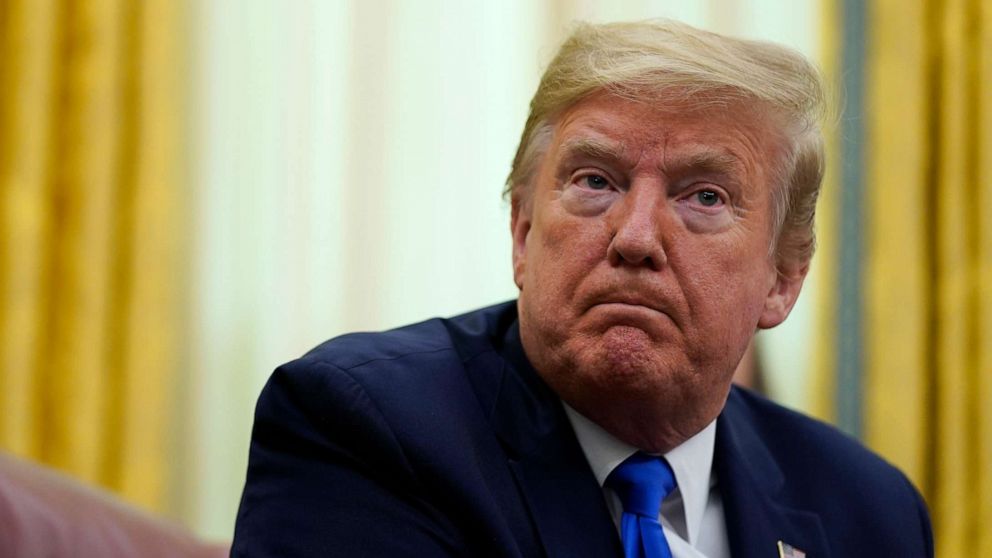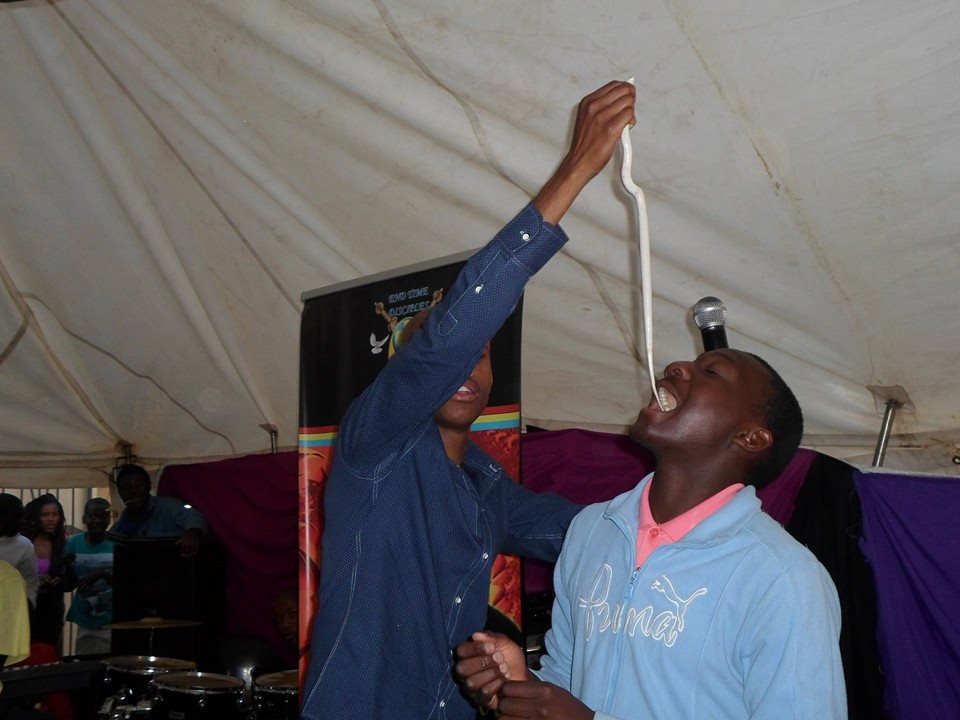Who knows how many times Donald Trump will have thought of ruining Joe Biden’s inauguration ceremony. Imagining a Hollywood-style exit. Or promising a return to the next elections, remembering that those of 2020 have been stolen.
Without any of these options, Donald could achieve the goal of taking space away from the Democratic rival. And not just the day of its long-awaited inauguration but for the next 100 days of the administration.
If the deadline is met, the impeachment procedure will begin on January 20th, exactly one hour after the inauguration of Joseph Robinette Biden Jr as 46th President of the United States. That could mean starting the trial at 1 p.m. on Inauguration Day. The ceremony at the Capitol starts at noon.
Donald Trump will be tried for instigating the attack on Congress, with explicit reference to the events of January 6th. The impeachment, however, to have a concrete effect, will have to obtain the approval of two thirds of the Senate and the support of many Republican senators will be almost necessary. The same ones who, however, oppose the process but which Biden needs to start his work as president, approving the new executive and an important economic package in support of the coronavirus emergency.
The impeachment trial will be the first for a president no longer in office. And, politically, it will force a reckoning among some Republicans who have stood by Trump throughout his presidency and largely allowed him to spread false attacks against the integrity of the 2020 election.
The impeachment bill draws from Trump’s own false statements about his election defeat to Biden. Judges across the country, including some nominated by Trump, have repeatedly dismissed cases challenging the election results, and former Attorney General William Barr, a Trump ally, has said there was no sign of widespread fraud.
Without bipartisan support, the first 100 days of the Biden-Harris government will be very complicated. Who knows what Donald Trump will think. Maybe we can foresee it.
While some have questioned impeaching the president so close to the end of his term, there is precedent. In 1876, during the Ulysses Grant administration, War Secretary William Belknap was impeached by the House the day he resigned, and the Senate convened a trial months later. He was acquitted.




